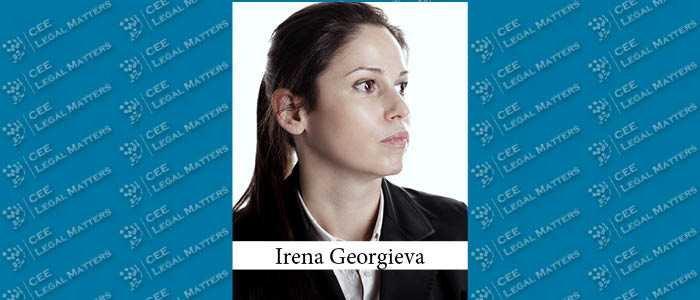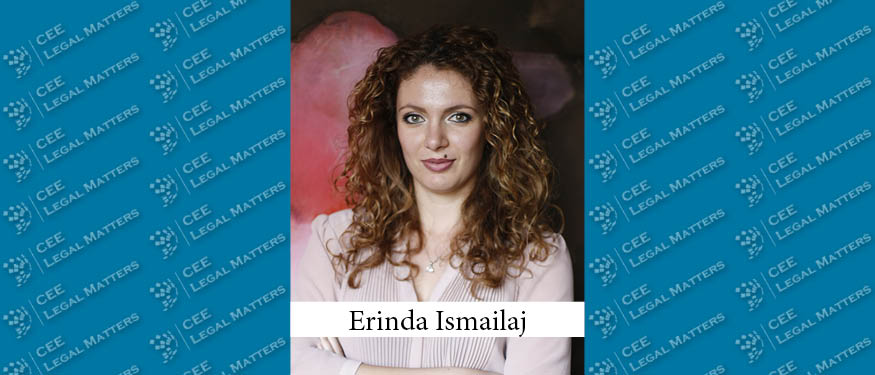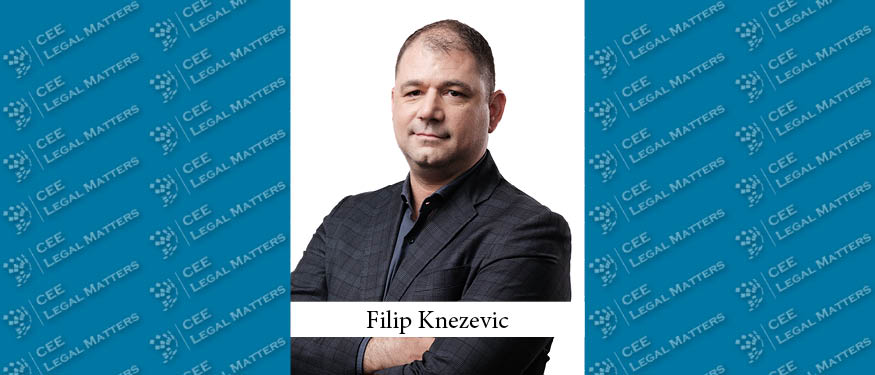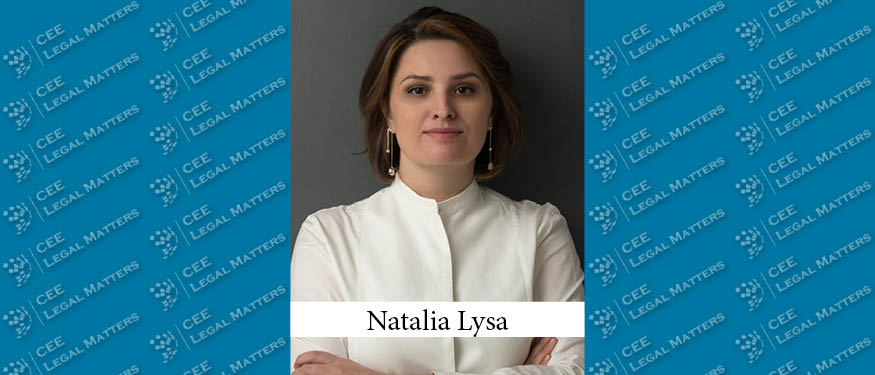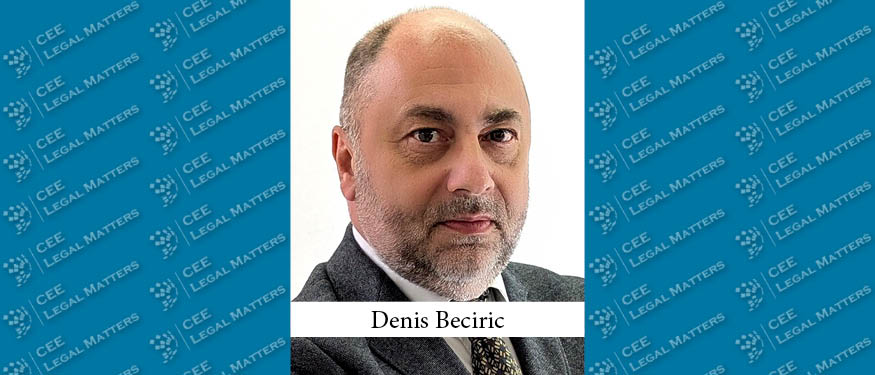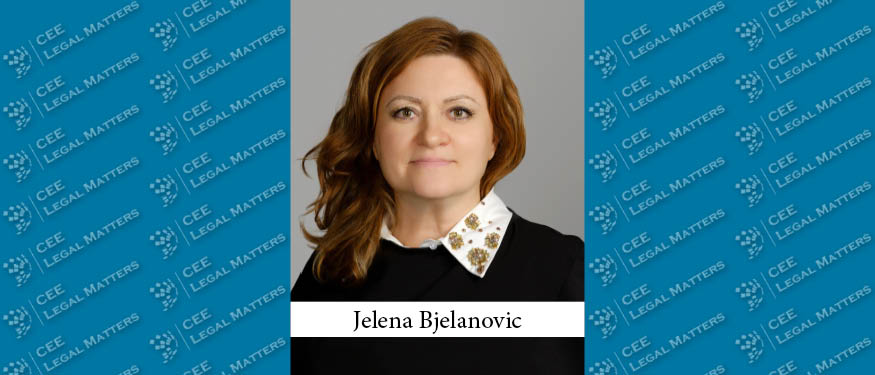Both consumers and companies that are using the software in everyday activities, either for business or pleasure, usually do not own the software, but only have limited rights granted by a license agreement with specifically defined scope and terms of use. Why the misunderstanding? In general, software is a set of instructions or programs used to operate computers and execute specific tasks. It is an intangible object, opposite to hardware compartments. With the latter, the ownership perception is clear when you are buying it. On the other hand, software brings confusion to end-users - is it purchased or licensed? Because the difference is essential.
AxPartners and Pop & Partners Advise on Sale of Kepler Management Systems to Bittnet Group
Andronic x Partners has advised the shareholders of Kepler Management Systems on the sale of the company to the Bittnet Group. Pop & Partners advised the buyers.
E+H advised Carlyle on Majority Investment in GBTEC
E+H, working alongside Latham & Watkins, has advised Carlyle investment firm on its majority investment in GBTEC Software and its affiliates.
WKB and Gessel Advise on SAS Groupe Positive Acquisition of User.com
WKB Lawyers has advised SAS Groupe Positive on its acquisition of User.com. Gessel advised founder Grzegorz Warzecha and investor Vercom on the sale.
Schoenherr Scoops Up Seven-Partner Team in Poland
Schoenherr has announced it is expanding its Warsaw office with the addition of a team of 23 lawyers, including seven partners, as of February 2024. The move includes Partners Szymon Okon, Pawel Chyb, Ilona Fedurek, Tomasz Kwasniewski, Katarzyna Solarz, Katarzyna Szczudlik, and Marcin Czaprowski from SSW Pragmatic Solutions.
Baker McKenzie Represents Google Before CJEU in Challenge to Austria’s Communication Platforms Act
Baker McKenzie has successfully represented Google before the Court of Justice of the European Union in challenging the Austrian Communication Platforms Act, which it describes as "far-reaching content moderation legislation" aiming to regulate "large online platforms established in other EU member states."
The EU AI Act. "Why so enthusiastic?" - asks the grumpy Christmas Grinch
We're sending off 2023 with the news that by the beginning of next year at the latest we will finally have a new European regulation on artificial intelligence (AI) coming into force within two years (the EU AI Act). On 14 June 2023, the European Parliament approved its negotiating position on the EU AI Act and since then, the talks have begun with EU countries in the Council on the law's final form. The EU AI Act is intended as a fundamental and harmonizing legislative text. But is it really so and what do we read between the lines in the new regulation?







